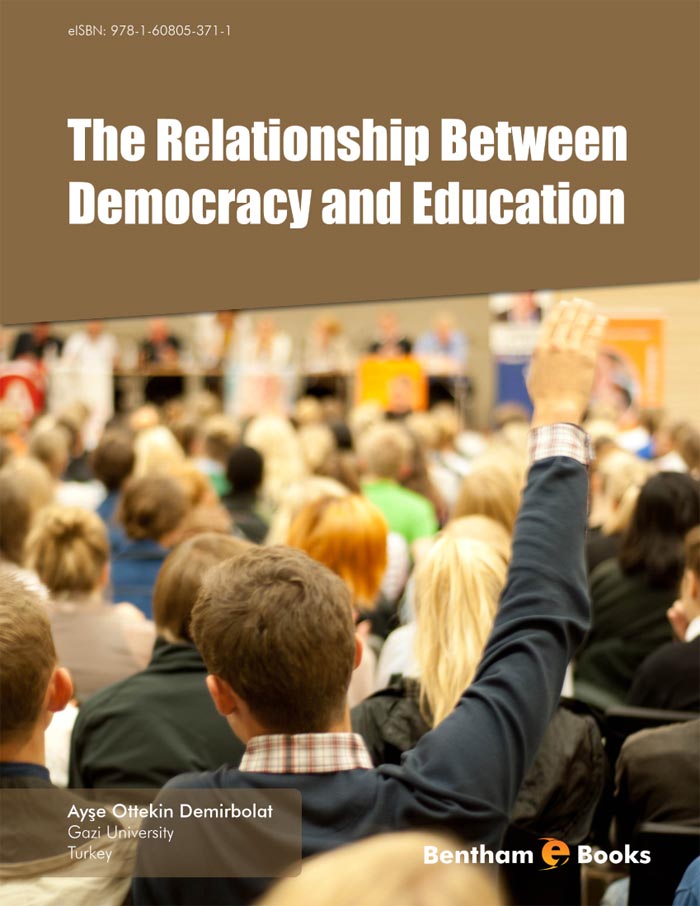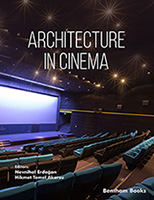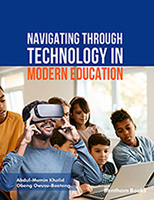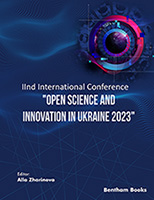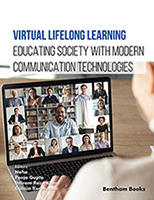The regulatory role of the state in ruling societies has long been an issue discussed by not only politicians but also philosophers and scientists. From Plato to Machiavelli, Alexis de Tocqueville to Lenin, the revolutionary transformation of society and its sustainability was seen as a social goal and an area of both action and discussion. In time, the world perspective and vision brought about by reality/practice were also integrated into this discussion and the issue has been dealt with repeatedly. As a matter of fact, the issue of democracy deserves this attention. The political form of the social environment that we live in is so important and effective that we feel it in ‘each breath we take’. Even if we cannot perceive this form, it does not mean that the political domain occupies less space in our lives.
One of the institutions that are important in regulating and recreating social environment and our lives is education. Education is an ideological intervention tool and a process of socialization that the state, the individual and non-governmental organizations focus on. An awareness of such characteristics of education will increase the potential to support efforts for sustaining historical democratic acquisitions and efforts for freedom and individualization. Moreover, only such awareness will enable the controlling and objectifying role of education to be limited. This study by Ms. Demirbolat seems to aim at helping readers to acquire a basic understanding of the complicated relationship between democracy and education. Obviously, this is not the first study aiming to explain this relationship, nor will it be the last one. Although, I may not be of the same opinion with some of the arguments that she puts forth in her study, it is clear that the author has provided an integrated perspective for discussions on education and democracy, both spatially and philosophically. The fact that she has adopted this as her aim is reflected in the following expression, which can be found in the first section of her text:
The relationship between education and democracy is dealt with in this ideological framework; and the two concepts will be discussed in such a way that at times their structural aspect will be dominant, while at other times, their operational aspect will be dominant. Yet, no matter which aspect dominates, the interaction between them varies in terms of power, direction, importance, form and results not only from society to society, but also during different periods of the same society.
In order to better put through my opinions on the importance of the study, it would be better to emphasize the dimensions of the integrity, one of which is the effort that integrity has been addressed at the macro-micro and national levels, while also involving the global dimension. Natural, demographic, economic, cultural and institutional factors have been studied in terms of their relationship with education. In doing so, the relationship between education and political, economic and religious institutions and the family has been studied. Another aspect of the first dimension of the integrative analysis is that the classroom process has been analyzed within the framework of “democratic education” perspectives and that the study presents some suggestions. In the light of globalization (introduced forcefully), the universality of democracy and human rights, the place of the teacher in the globalization process and bureaucratic socialization are among the topics discussed by the author.
Another aspect of the study that reflects its integrity is that, unlike many descriptive studies on education at the beginner level, the views of sociologists and educationists working in the field of “critical pedagogy” have been included. Education has an important place in the development of the individual and the society. It is also important for economy in the provision of labor force. By expanding the place of education in these developments, the educational rights will be transformed into an instrument that produces labor force. Critical thinkers provide a set of concepts that enables us to observe such developments. Critical concept sets provide a guide for teachers, students and parents to actually participate in democratic education discussions. They are also important as a guide for academicians in the field of education regarding discussion topics in which they will observe the effort for individualization and support it, as well as assigning a meaning to the reality.
To conclude, Demirbolat’s study is very important as it provides an opportunity for educationists/educators to observe, at a global level, the relationship between social dynamics and the Turkish education system, which the author works in and has had an opportunity to observe closely. Understanding many situations specific to Turkey, which may seem controversial and paradoxical, requires the experiences and evaluations of scientists who observe the situation not only closely but also directly from inside. In this book, the author discusses education and democracy issues within a universal framework; yet, based on these discussions she also successfully provides the international reader with information on the threats to and the transformation of the secular position of education in Turkey.
With the framework and discussion dimensions it provides, I hope the book encourages the readers to conduct discussions on the relationship between democracy and education not only globally but also at their national level. I sincerely believe that such discussions are important sources that can create an opportunity for a democratic education.
Dr. Hasan Hüseyin Aksoy
Ankara University
Faculty of Education
Turkey

